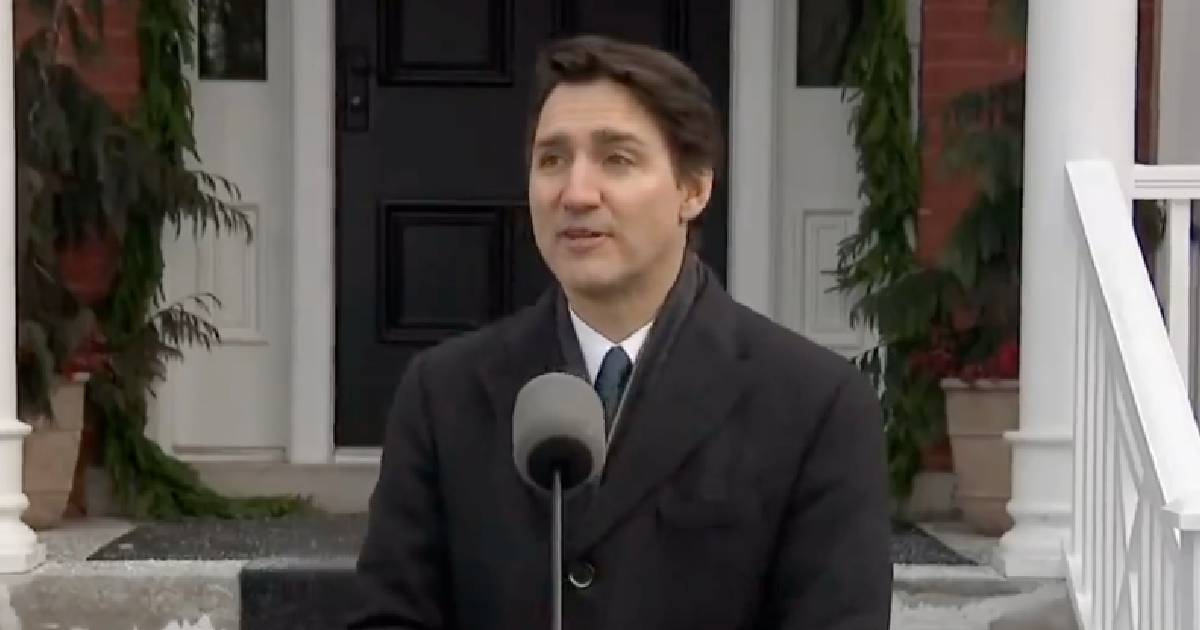On Monday, Canadian Prime Minister Justin Trudeau declared his intention to step down as the head of the Liberal Party and the nation's leader, citing a prolonged decline in popularity and a deadlock in Parliament. This announcement came via a public address in Ottawa, where Trudeau reflected on his tenure and the motivations behind his decision, which had been previously suggested by various media outlets.
"Every day I've woken up as Prime Minister, I've been inspired by the resilience, generosity, and determination of Canadians. This has driven me throughout my time in office," stated Trudeau, who has been at the helm since 2015.
According to the BBC, the Liberal leader highlighted his achievements over the past eight years, including bolstering the middle class, managing the pandemic response, advancing reconciliation with Indigenous peoples, advocating for free trade in North America, supporting Ukraine's quest for democracy, and tackling climate change.
Parliamentary Stagnation and Personal Reflection
However, Trudeau acknowledged that Canada is experiencing "a critical moment" and that Parliament has been at a standstill for months, referring to it as "the longest session of a minority Parliament in Canadian history."
He shared that his decision followed in-depth discussions with his family during their vacation. "I have chosen to resign as party leader and Prime Minister once the Liberal Party selects a new leader through a comprehensive and nationwide process," he announced.
Looking Ahead to New Leadership
Trudeau emphasized his desire to pave the way for fresh leadership within the Liberal Party that can more effectively tackle the upcoming elections. "This country deserves a genuine choice in the next election, and it is evident to me that if I am preoccupied with internal conflicts, I cannot be the best candidate," he admitted.
Despite the challenges, he reaffirmed his commitment to Canadians and to his government's mission until the leadership transition is complete. He stated that the next chapter of his life will be centered around supporting his family and trusting that a new Liberal Party leader will continue to uphold the values and principles of this historic institution.
Trudeau's resignation signals the end of an era in Canadian politics, leaving behind a legacy of significant changes as well as challenges that his successor, yet to be chosen by his party, will have to confront.
Impact of Trudeau's Resignation on Canadian Politics
Why did Justin Trudeau decide to resign?
Justin Trudeau decided to resign due to a sustained drop in popularity and the stagnation of Parliament, alongside personal reflections and discussions with his family.
What achievements did Trudeau highlight in his announcement?
Trudeau highlighted achievements such as strengthening the middle class, responding to the pandemic, advancing Indigenous reconciliation, supporting free trade, aiding Ukraine, and addressing climate change.
How will Trudeau's resignation affect the Liberal Party?
Trudeau's resignation opens the door for a new leader to emerge within the Liberal Party, providing an opportunity for renewed leadership to better compete in upcoming elections.
